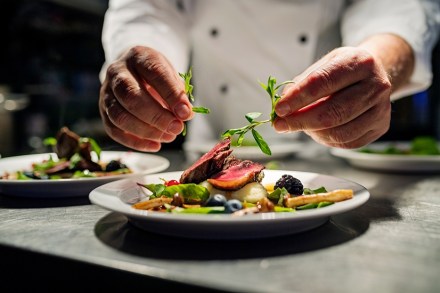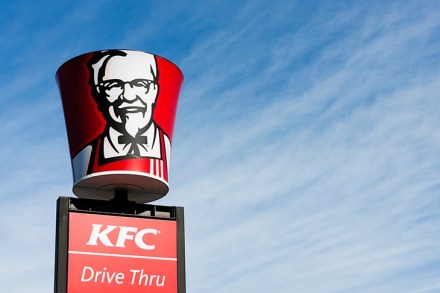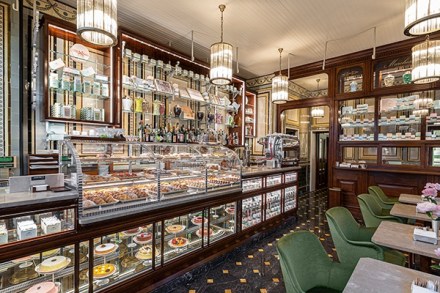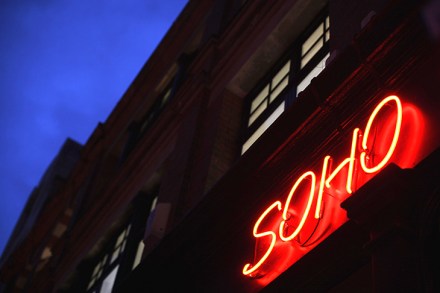A great Dane: Snaps + Rye reviewed
Snaps + Rye is a Nordic-themed restaurant and delicatessen on the Golborne Road, at the shabby and thrilling edges of Notting Hill, just north of the Westway, a road I uncomplicatedly love, probably because it takes me from Notting Hill to places I like better. Notting Hill fell to gentrification long ago — it gasps with boredom — but here London feels like a real city, though only just. ‘This home is not a shop,’ says a sign in a nearby window, with as much feeling as signage can muster. Or should muster. ‘Nothing is for sale.’ It is a bitter time for restaurants and those who love them. Nearby,















